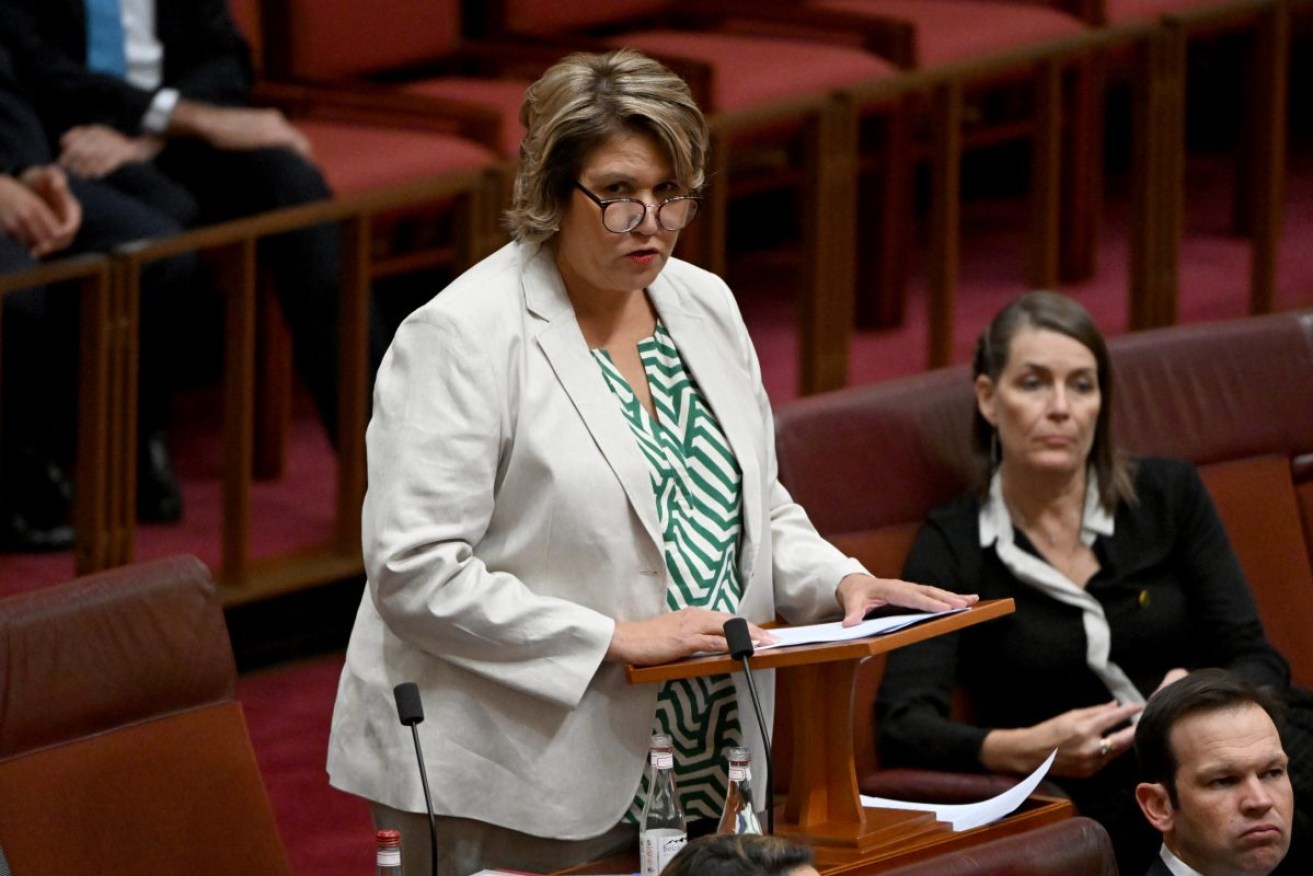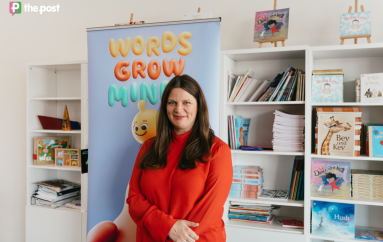SA Senator says people should not be able to ‘self-identify’ as Indigenous
A South Australian Senator has warned federal parliament against allowing people to self-identify as Indigenous ahead of the Voice to Parliament referendum, saying the government should instead be responsible for “ensuring the bona fides of Indigenous claims”.

South Australian Liberal Senator Kerrynne Liddle. Photo: Mick Tsikas/AAP
Liberal Senator Kerrynne Liddle told parliament yesterday that there was “no validation and no accountability” in allowing people to self-identify as First Nations Australians.
She said she was alarmed that a long-accepted test to confirm whether a person is Indigenous was being “tinkered with” in favour of self-identification.
That test, Liddle said, involved demonstrating Indigenous descent, identifying as a person of that descent and having the community accept that they are of that descent.
“It’s not perfect, but there is no evidence that it is broken, nor am I aware that it has become irrelevant,” the Arrernte woman said.
“I’m alarmed at tinkering with this definition and its impact and consequences for program and service delivery for the people who need it most.
“There should be no place in government or in policy for a self-identification test or for fluidity in the definition depending on policy or program application.”
Liddle, who grew up in Alice Springs and was elected South Australia’s first Aboriginal federal parliamentarian earlier this year, said: “With self-identification, there’s no validation and no accountability.”
“It counts people who should not be counted, it relies on the box ticker having a moral compass and it risks greater access by charlatans to those special services designed for those who need it most,” she said.
“It fails, fails and fails every test.”
Liddle said that what should occur “is accountability of the government, its agencies and community organisations ensuring the bona fides of Indigenous claims”.
“We better get it right before we ask Aboriginal and Torres Strait Islander peoples to elect representatives to the Voice, should that be successful at referendum,” she said.
The Senator previously told parliament that she gets “angry” when people define her firstly or only by race.
“I was not an Indigenous news reporter, nor an Indigenous business woman or an Indigenous company board director – first and foremost I am just me,” she said in her maiden speech in September.
It comes after the 2022 Census showed a 25 per cent increase in Australia’s Indigenous population compared with five years prior.
The number of Aboriginal and Torres Strait Islander Australians aged over 65 more than doubled.
The figures suggest Australia’s Indigenous population is now at or above levels estimated at the time of white settlement.
Liddle said the spike was possibly explained by ancestry tracing websites telling people that they are Indigenous “where there is no lived connection, no lived experience, no life experience, and the connection is not even for more than maybe a century”.
InDaily contacted Indigenous Australians Minister Linda Burney and Special Envoy for the Voice to Parliament Senator Patrick Dodson for comment.
The federal government is expected to provide more details on its proposed Voice to Parliament referendum early next year, with the national vote planned to occur well before the next federal election in 2025.
Australians will be asked if they support an alteration to the Constitution that establishes an Aboriginal and Torres Strait Islander Voice.
The proposed Voice would comprise elected Aboriginal and Torres Strait Islanders who would be responsible for advising the federal parliament and government on matters of significance to Indigenous people.
A report released today by Reconciliation Australia shows 85 per cent of Australians believe it is important for Aboriginal and Torres Strait Islander people to have a say in matters that affect them.
It shows 81 per cent of Australians believe it is important to protect an Indigenous body within the Constitution, to prevent governments from removing it.
South Australian Aboriginal Affairs Minister Kyam Maher earlier this month released a draft bill on a state-based version of a Voice to Parliament.
The bill proposes to establish a group of First Nations people from across the state to advise and address parliament.
South Australia would not need to amend its constitution or hold a referendum to establish a state Voice to Parliament.




